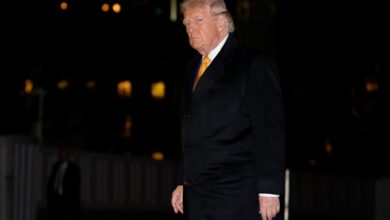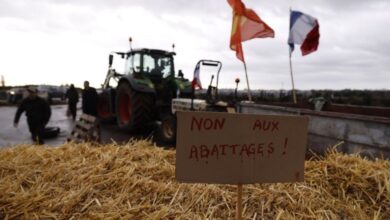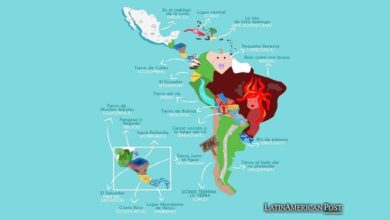The West Has a Crucial Ally in Qatar, Despite the Human Rights Violations
Despite the various criticisms that have been generated against the emirate during the World Cup in Qatar, the West considers it an important ally in these times of energy uncertainty

Photo: Pixabay
LatinAmerican Post | Santiago Gómez Hernández
Listen to this article
Leer en español: Pese a las críticas de derechos humanos, Catar es un aliado vital para occidente
Recent criticism of Qatar's discriminatory laws has been rife. From NGOs to soccer players participating in the tournament, they have shown their rejection of various policies, laws, and actions from the government of Qatar. The German team even held a protest trying to boycott the event. This, either by criticizing discriminatory laws against the LGBT+ community, women or foreign workers.
Despite the fact that the criticisms have been repeated and diverse, these have only been from private institutions. NGOs, soccer federations or individuals acting individually have been in charge of demonstrating and raising their voices. However, there is a silence on the part of Western countries, so eloquent in various contexts, but cautious when criticizing the Qatari government. The question that arises is why so much silence.
It may also interest you: Winter in Europe: an opportunity for peace in Ukraine or an opportunity to escalate the war?
Qatar: Power Supply to the West
In Europe, it is winter again. This only means one thing: there is a greater demand for gas or for any type of fuel that heats homes. However, in the midst of a war between Ukraine (an ally of the European Union) and Russia, this precious source of energy increases in value.
Traditionally, Russia had satiated the gas demand of the major European powers, especially Germany. The construction of gas pipelines connecting Russia's oil fields in Central Asia with the heart of Western Europe was a display of cooperation and relations for decades. However, not only did it end up being a mutually beneficial relationship, it also created a strong dependency on Europe for Russia. Today, the Russian leader, Vladimir Putin, uses his power over gas as a deterrent with Europe. On more than one occasion, Russia has threatened or complied with reducing the flow of gas or stopping it altogether, despite existing trade agreements. Decreased supply, prices increase and the pocket of citizens is hanged. It also impacts the production of industries in need of energy.
This is where Qatar enters as one of the most important pieces of this puzzle. This small emirate has the 3 largest natural gas reserves in the world. Only behind Russia (47.8 billion cubic meters) and Iran (34 billion), the country that today hosts the World Cup has 24 billion cubic meters.
This is why Europe today, if it wants to survive the war in Ukraine and not give in, requires Qatar, especially when they are the largest reserves that are not under the power of “enemies”. Last week, the German Chancellor, Olaf Scholz, signed an agreement with Qatar in which the export of liquefied gas is guaranteed for 15 years from 2026. The Qatar Energy company will pump 2.7 billion per year.
Qatar Is Not Enough
Although it sounds like vital news for German interests, the reality is a bit more difficult. The 2,700 million cubic meters per year that Qatar would send to Europe only cover 2% of the total consumed by Germany, but represent 4% of what Russia sent. However, this contract does reduce the international price, gives the markets greater optimism, something necessary for Germany at the height of winter and in the process of energy transition.
France also Does Business
But Germany is not the only country interested in doing business with Qatar. For example, this same year, in September, the French giant TotalEnergies signed an agreement with QatarEnergy to work on gas extraction in the largest natural gas reserve in the world.





